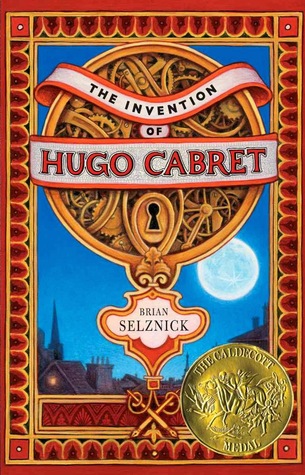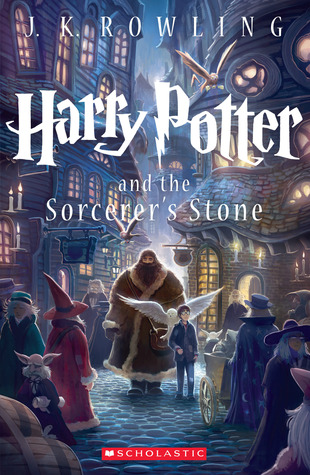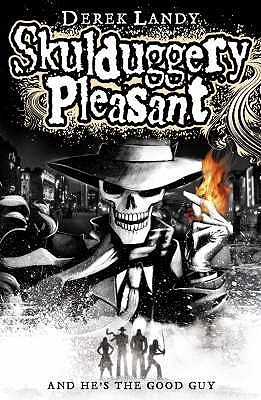
Book Title: The Invention of Hugo Cabret
Author: Brian Selznick
Date Started: June 17th 2016
Date Completed: June 27th 2016
Genres: Mystery, Adventure, Historical
Quality Rating: Five Stars
Enjoyment Rating: Five Star
Quality Rating: Five Stars
Enjoyment Rating: Five Star
Final Rating: Five stars
Review:
Image Source - https://www.goodreads.com/book/show/9673436-the-invention-of-hugo-cabret
I don't remember when I first read The Invention of Hugo Cabret, but I do remember it ticking all the boxes for things I loved: books, film, theatre, magic, adventures, mysteries, museums, clockwork etc etc. Hugo Cabret is definitely still my favourite out of Selznick's books, but each one gets across the author's utter fascination and passion for the art of storytelling beautifully. If you want your child to grow up to make stories, these are the books you want to be reading/showing them.
Brian Selznick has a very cinematic way of storytelling; of course his books are all half-told through beautiful double-page illustrations alongside prose text, but the emphasis on things working almost like a play in a set space has always impressed me as well. There's always a limited amount of locations, and a pivotal place that you become really attached to throughout the story and know like the back of your hand. It always strikes me as cinematic because he wants you to visualise it all: be able to literally see the characters moving in this physical plane. It also means that when we come to the whimsical and fantastical elements of the story it feels even more real, because we're been brought so closely to what's happening. He is a children's writer, but his work can be enjoyed by any age range because of this.
Half of this story is told through images: beautifully drawn illustrations by a very expressive artist. I think he could quite easily tell an entire story with just his pictures - but as it is the blend between visual and written storytelling becomes very engaging. There's just enough input from the drawings to be able to clearly picture these characters in the real-life locations, but Selznick is sure to let you have freedom in what you imagine. The fact that he uses real places in a way makes the book feel like a love letter to Paris, even though we don't explore much of the city itself.
For a children's book, The Invention of Hugo Cabret looks at some really complicated emotions, often explored through the eyes of a child. It's the story of a little boy who looks after clocks, but it's also about a man who's dreams crumbled before his very eyes, and the tragedy of the world taking away a form of expression. Even as a child reading this book for the first time, I remember being genuinely moved by Papa Georges' story. Without wanting to spoil anything, he symbolises a golden age within French storytelling, and a revolutionary era within storytelling altogether. Yet he is able to feel none of this because of what the world has done to him in the present: I'm not sure if it's being able to sympathise with his sadness as a person, or seeing it as a storyteller myself but Selznick tells a heartbreaking story - and then turns it into a beautiful, uplifting ending.
Selznick is very natural with his unconventional characters. Calling them unconventional feels a little strange, but stories featuring a man with an eyepatch or a deaf girl aren't that easy to come by. All of his characters are, to me anyway, more genuine and complicated than a lot of people in mainstream children's books these days, but the magic in how Selznick features them is that they so naturally fit into his narrative. He can put them in, and it might be addressed, but he's able to portray the normality of that for the individual.
Each part in this book brings another layer on top of the story. Puzzle pieces start to fit together each time, and something amazing is revealed, but then it comes to light that it's a small part of a whole other story. And the further and further you get in, the more and more invested you come. The use of illustrative storytelling definitely helps the pacing by breaking up the text, but it comes one of those books you just can't put down because you know you're getting closer and closer to finding out what's really been happening.
The Invention of Hugo Cabret is a book that has a little something for everyone, but will especially appeal to storytellers and lovers of film, illustration, magicians and old-fashioned adventure. Selznick fills each word and drawing with magic and mystery and the essence of dreams: if you want a story that will enchant and pull at your heart strings, look no further.
Image Source - https://www.goodreads.com/book/show/9673436-the-invention-of-hugo-cabret

